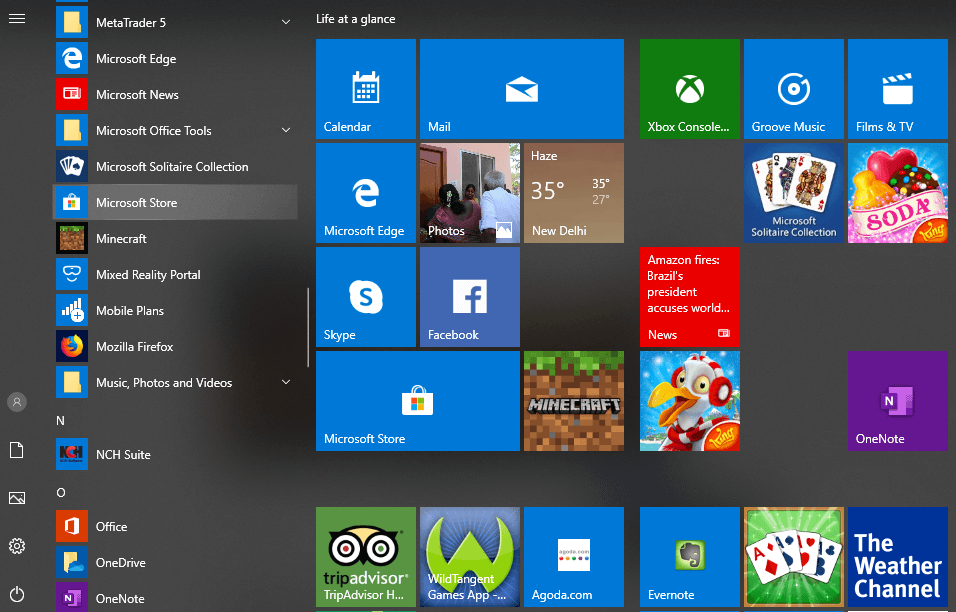
You can't distribute offline-licensed apps directly from Microsoft Store.
#WINDOWS APP STORE DOWNLOAD INSTALL#
Your employees do not have Azure Active Directory (AD) accounts - Azure AD accounts are required for employees that install apps assigned to them from Microsoft Store or that claim apps from a private store.ĭistribution options for offline-licensed apps You use imaging to manage devices in your organization - Offline-licensed apps can be added to images and deployed with Deployment Image Servicing and Management (DISM), or Windows Imaging and Configuration Designer (ICD). You don't have access to Microsoft Store services - If your employees don't have access to the Internet and Microsoft Store services, downloading offline-licensed apps and deploying them with imaging is an alternative to online-licensed apps. Some reasons to use offline-licensed apps:

Offline-licensed apps offer an alternative to online apps, and provide additional deployment options.

This model allows organizations to deploy apps when users or devices do not have connectivity to the Store. Only apps that are opted in to offline licensing will show that they are available for offline licensing in Microsoft Store for Business and Microsoft Store for Education. ISVs or devs can opt-in their apps for offline licensing when they submit them to the Windows Dev Center. With offline licenses, organizations can download apps and their licenses to deploy within their network, or on devices that are not connected to the Internet.
#WINDOWS APP STORE DOWNLOAD FOR WINDOWS 10#
Offline licensing is a new licensing option for Windows 10 with Microsoft Store for Business and Microsoft Store for Education. For more information about this change, see Evolving the Microsoft Store for Business and Education. You can continue to use the current capabilities of free apps until that time. Microsoft Store for Business and Microsoft Store for Education will be retired in the first quarter of 2023.


 0 kommentar(er)
0 kommentar(er)
